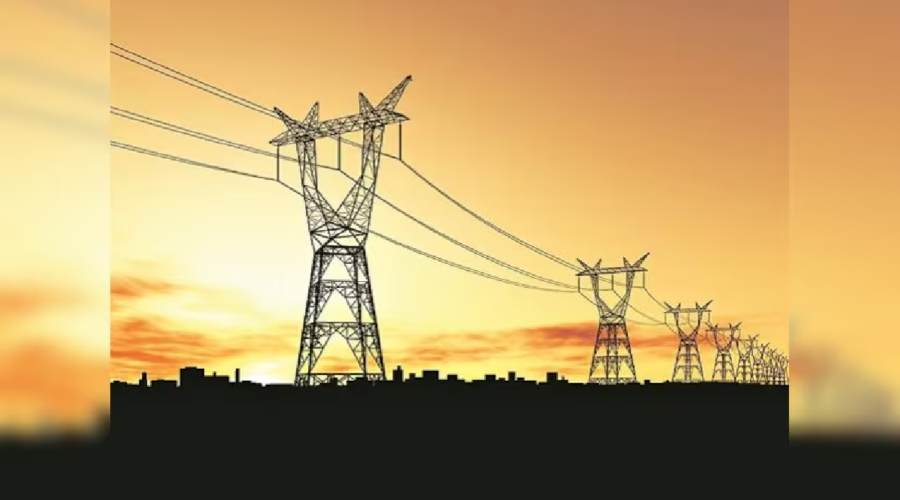Hyderabad, June 3, 2025: Telangana has marked a major achievement in power management this summer, meeting an all-time high electricity demand of 17,162 megawatts (MW) without a single instance of load shedding. This represents a 9.8% jump over last year’s peak demand of 15,640 MW and even surpasses the Central Electricity Authority’s (CEA) projection of 16,877 MW for 2025.
The surge, recorded in March, was driven by prolonged heatwaves, an increase in paddy cultivation requiring intensive pumping, and expanding industrial activity. Despite the steep rise, the state maintained grid stability and ensured uninterrupted power supply across both urban and rural regions.
Strong Infrastructure and Forward Planning
As of May 2025, Telangana boasts an installed power generation capacity of 20,883 MW and a contracted capacity of 26,183 MW—providing enough buffer to handle sudden spikes in demand. Recent additions to thermal capacity, including new 800 MW units, and significant expansion in renewable energy infrastructure have enhanced the state’s resilience.
Looking ahead, Telangana is planning for future peaks, with power demand expected to reach 24,215 MW by 2030 and 31,808 MW by 2034–35. The state’s five-year action plan includes a joint venture with Rajasthan to add 1,600 MW of thermal and 1,500 MW of solar capacity. In addition, a ₹6,200 crore agreement with Himachal Pradesh will provide 520 MW of hydropower, strengthening the base for 24×7 clean energy. The state also launched a 250 MW/500 MWh Battery Energy Storage System (BESS) in early 2025 to support grid flexibility.
Green Energy Push Gains Momentum
Telangana’s Clean & Green Energy Policy 2025 aims to add 20,000 MW of renewable energy by 2030, with a focus on solar and wind power. The policy has already attracted ₹1 lakh crore in investments, establishing Telangana as a major renewable energy hub in southern India.
Empowering Communities and Women through Solar Initiatives
In a pioneering step, the state is promoting community solar projects through the Indira Soura Giri Jala Vikasam Pathakam, which involves setting up solar-powered pumpsets on forest (podu) lands to support tribal farmers.
Under the Gruha Jyothi scheme, the government is providing 200 units of free electricity each month to over 50 lakh households, easing the burden on low-income families. Simultaneously, the Indira Mahila Shakti Scheme empowers women’s self-help groups to develop decentralized solar plants, with a collective goal of adding 1,000 MW of solar capacity.
With this blend of infrastructure, foresight, and inclusive policies, Telangana is not only powering through the summer but also laying the groundwork for a cleaner, more resilient energy future.
